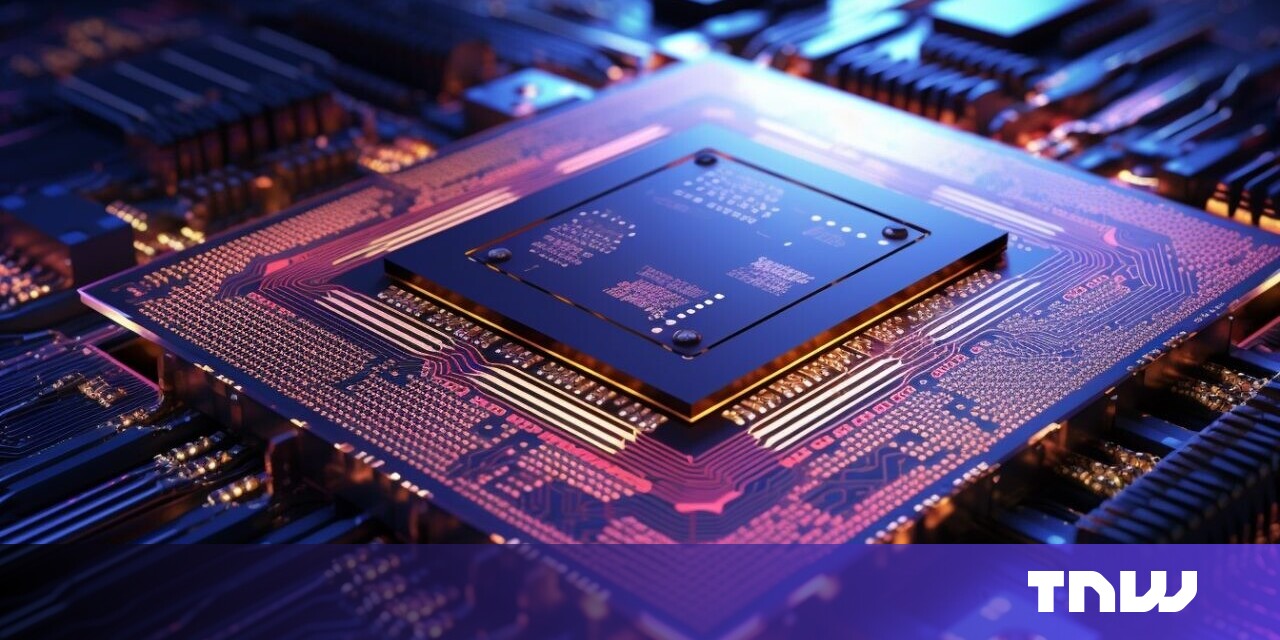
In an intensifying global battle for semiconductor self-sufficiency, the UK will reportedly spend £100mn of taxpayer money to buy AI chip technology from AMD, Intel, and Nvidia. The initiative is part of the UK’s intention to build a national AI resource, but critics say it is too little, too late.
As reported by The Guardian, a government official has confirmed that the UK is already in negotiations with Nvidia for the purchase of up to 5,000 graphic processing units (GPU). However, they also stated that the £100mn was way too little compared to what for instance the EU, US, and China are committing to the growth of a domestic semiconductor industry.
The UK accounts for only 0.5% of global semiconductor sales, according to a Parliamentary report. In May this year, the government announced it would commit £1bn over 10 years to bolster the industry. In comparison, the US and the EU are investing $50bn (€46bn) and €43bn, respectively.
The idea, Rishi Sunak said at the time, is to play to the UK’s strengths. This means to focus efforts on areas like research and design, the PM stated. In turn, this can be contrasted to the approach of building large fabs, such as the ones Germany is spending billions in state aid to make a reality.
UK’s AI summit at historic computer science site
Alongside a push (no matter its size) toward more advanced AI-powering chip capabilities, the UK recently announced the time for its much-publicised AI safety summit. The meeting between officials from “like-minded” states, tech executives, and academics will take place at Bletchley park, situated between Cambridge and Oxford, at the beginning of November.
The site is considered the birthplace of the first programmable digital computer, that helped crack the Enigma encryption machine used by the Nazis, essentially tipping the scales of World War II. Today, it is home to the National Museum of Computing, run by the Bletchley Park Trust.
Meanwhile, the race to secure components for chips, or the chips themselves, that can power AI systems, such as large language models (LLM), is accelerating. According to the Financial Times, Saudi Arabia has bought at least 3,000 of Nvidia’s processors, especially designed for generative AI. Its neighbour, the UAE, has far-reaching AI ambitions of its own, also having purchased thousands of advanced chips and developing its own LLM.
Meanwhile, Chinese internet giants have reportedly rushed to secure billions of dollars worth of Nvidia chips ahead of a US tech investment ban coming into effect early next year. It is still unclear whether the UK will invite China to the gathering at Bletchley Park in November. The geopolitics and tech diplomacy of semiconductors could be entering its most delicate phase to date.
Services Marketplace – Listings, Bookings & Reviews